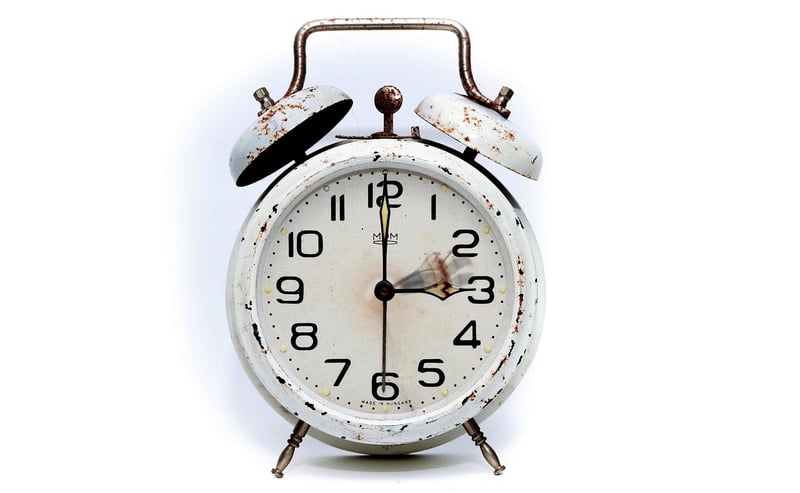Altering History
Ethical Considerations in Time Travel and Altering History

Time travel has long been a fascinating concept in science fiction, allowing individuals to journey to the past or future. While the idea of altering historical events or correcting past mistakes may seem appealing, it raises significant ethical considerations that must be carefully examined.
Paradoxes and Consequences
One of the primary ethical dilemmas in time travel is the potential for paradoxes and unintended consequences. Changing even a small event in the past could have far-reaching effects on the present and future, leading to unpredictable outcomes.
Respecting Free Will
Another ethical concern is the issue of respecting the free will of individuals in the past. By altering history, time travelers may interfere with the choices and autonomy of people who lived in a different time period, potentially infringing on their rights.
Historical Integrity
Preserving the integrity of historical events is also crucial. Altering the past could distort our understanding of history, leading to misinformation and erasing important lessons that shape our present and future.
Temporal Responsibility
Time travelers must consider their temporal responsibility when contemplating changes to the past. They bear the burden of ensuring that any alterations made are ethically justifiable and do not cause harm to individuals or society as a whole.
Conclusion
While the idea of time travel and altering history is captivating, it comes with substantial ethical implications that cannot be overlooked. As we delve deeper into the possibilities of time manipulation, it is essential to approach these concepts with caution, mindfulness, and a profound respect for the fabric of time itself.
Explore more on the ethics of time travel here.
